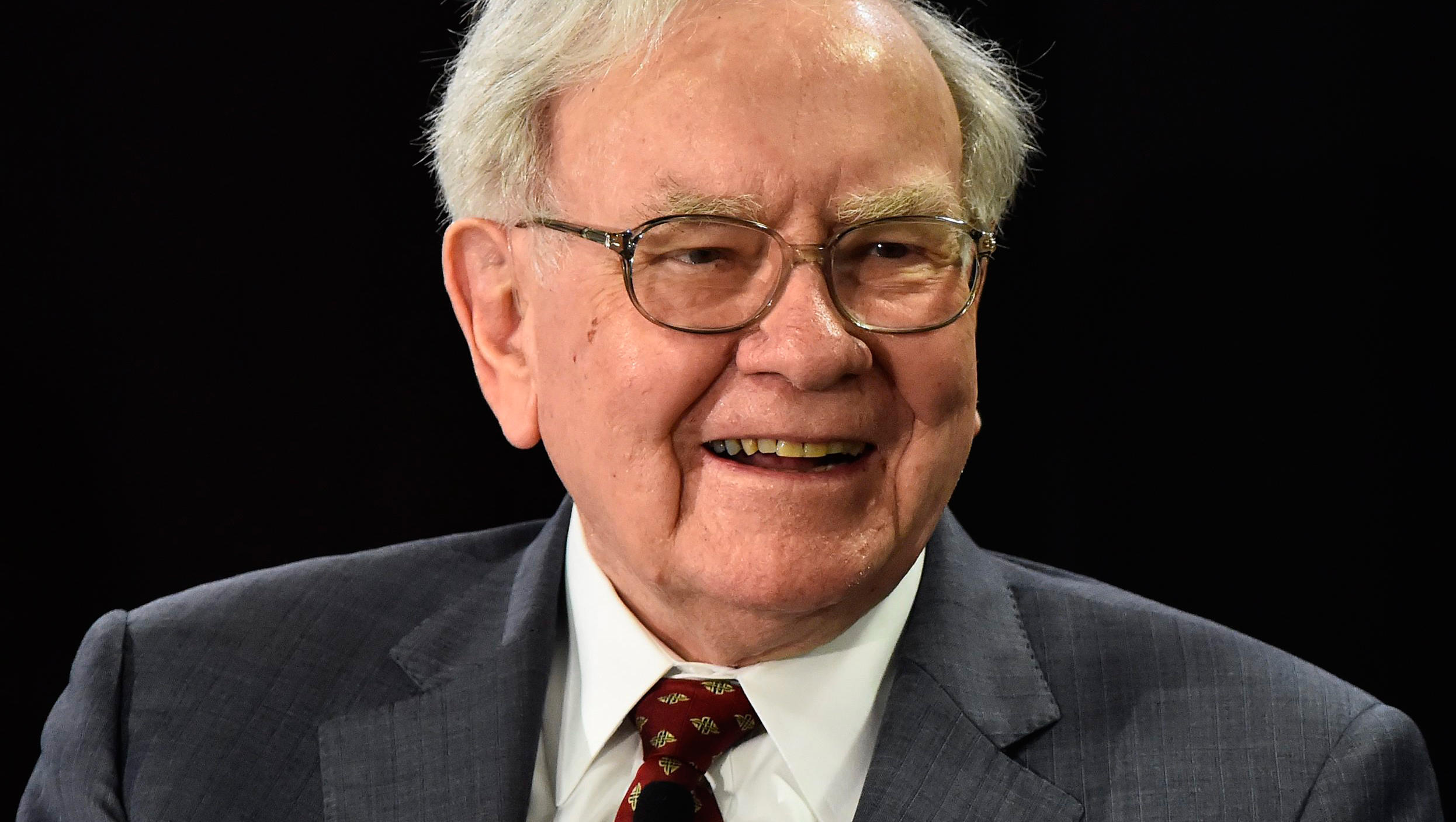Significantly lower interest rates in Japan are currently offering massive opportunities. As a result, legendary investor Warren Buffett has turned his attention to the local market.
Legendary investor Warren Buffett sees opportunities in Japan. (Photo: dpa)
Foto: Larry W. Smith
Back in 2020, Warren Buffett announced that his investment company Berkshire Hathaway had bought shares in Itochu, Marubeni, Mitsui, Mitsubishi and Sumitomo Corporation for the first time. Since then, the courses of the five Japanese companies have increased between 64 and 202 percent. Last week, three of them rose again to new record prices after Warren Buffett announced that he wants to own more shares of these companies. But why is the investment legend even more involved in the Japanese market right now?
Berkshire Hathaway is investing heavily in Japan
Buffett is famous for his focus on company fundamentals. And while US stocks have taken a sharp tumble recently, the broader Tokyo market is still a lot cheaper. Its price-to-earnings ratio (based on next year’s expected earnings) is around 13, compared to 18 in the US. The five Japanese retail companies in which Berkshire Hathaway has invested all have price-to-earnings ratios below 10 and pay healthy dividends, like the company Economist reported.
Warren Buffet’s increased business in Japan illustrates why the country could become more interesting for other investors. On April 14, Berkshire Hathaway issued about $1.2 billion worth of yen-denominated bonds, adding to the $7.8 billion it has already issued from 2019 to 2022. Not only is Japan now the investment company’s second largest investment destination after the United States, but the yen is now its second most important funding currency. Even prior to the recent issuance, almost a fifth of Berkshire Hathaway’s debt was denominated in yen.
Berkshire Hathaway isn’t borrowing because the company is cash-strapped. Rather, the transaction is used for currency hedging. By borrowing and buying in yen, Buffett hedges against a fall in the value of the Japanese currency. And because of the interest rate differential between the US and Japan, he can fund his investments with long-term borrowing that costs him less than 2 percent a year, while he invests his excess cash at home in US Treasuries, which yield nearly 5 percent.
Cheap yen borrowing fuels stock market
Buffett has questioned the usefulness of currency hedging in the past, The Economist notes. But today, they seem irresistible to him and Berkshire Hathaway, too. Yen borrowing is so cheap compared to dollar borrowing that it’s a must for investors with even the slightest interest in Japanese equities. Of course, not all of these investors can easily issue yen-denominated bonds. But those who do not have this option can take advantage of the interest rate differential with simpler currency hedging.
The prices on the futures markets are determined by the interest rate differential between the two economies concerned. The rise in US but not Japanese interest rates over the past 18 months means Japanese investors are paying a huge premium to buy US assets and protect themselves from currency fluctuations. American investors get quite a nice premium for doing the same thing in the other direction.
One dollar is currently 134 yen. But FX forwards maturing in March next year can sell the yen back at 127. This ensures a return of 5 percent over a period of almost a year. However, the buyer must hold the yen throughout the period and can invest in Japanese stocks, for example. The opportunity is also unlikely to disappear, according to The Economist. Even if the Bank of Japan were to end its loose monetary policy, few analysts expect Japanese interest rates to rise sharply.
The past year shows how big the possible gains are. Over the course of the year, the MSCI USA stock index, including price development and dividends, achieved a net return of minus 5 percent. According to the Economist, the MSCI Japan achieved an unhedged return of 1 percent on a dollar basis. And the MSCI Japan Hedged Index, which is based on Japanese stock returns using one-month rolling currency futures contracts, rose a decent 12 percent over the same period.
“It’s probably only thanks to the enviable returns of American equities over the past decade that more investors haven’t benefited from the Japanese bonus,” the Economist surmises. But besides Buffet, other big names are currently active in Japan. For example, the activist investor Elliott Management invested in the Japanese printer Dai Nippon Printing, whose shares have already risen by 46 percent this year. And the hedge fund Citadel is opening an office in Tokyo after 15 years.
